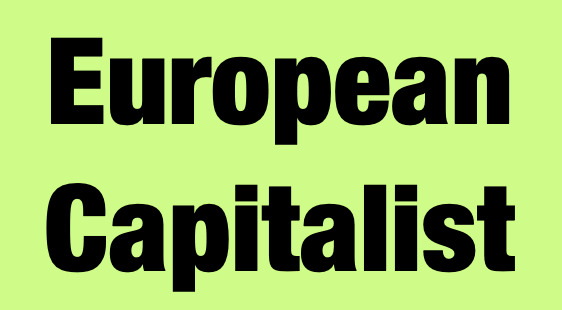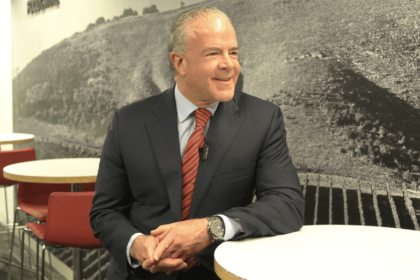Kuwait, one of the world’s leading oil producers, is exploring a potential pipeline deal that could raise as much as $7 billion, according to people familiar with the matter. The move underscores the Gulf nation’s efforts to leverage its energy assets for fresh capital while shoring up public finances strained by years of volatile oil prices and mounting budget demands.
A Strategic Financing Move
The plan, still under discussion, would involve monetizing certain state-owned pipeline infrastructure through a long-term leasing arrangement with private investors or energy funds. Under such a structure, investors could acquire rights to operate or collect revenues from pipelines for a fixed period, while the government retains ownership of the underlying assets.
If finalized, the deal could represent one of Kuwait’s largest infrastructure-linked financing initiatives, injecting billions into state coffers without requiring a direct sell-off of national energy assets.
Why Pipelines?
Pipelines form the backbone of Kuwait’s oil-dependent economy. They transport crude oil from production sites in the desert to refineries and export terminals along the Persian Gulf coast.
For global investors, pipelines represent a stable, long-term cash-generating asset. With rising energy demand in Asia and Europe, secure access to Kuwaiti oil flows is likely to remain attractive, even amid the global shift toward renewables.
For Kuwait, tapping pipelines allows the government to raise immediate funds while continuing to benefit from sustained oil revenues.
Fiscal Pressures Mounting
The Kuwaiti government faces rising fiscal pressure as oil revenues account for nearly 90% of public income. Fluctuating crude prices in recent years, coupled with increased spending on social programs, subsidies, and public-sector wages, have left the state budget under stress.
While Kuwait’s sovereign wealth fund—the Kuwait Investment Authority (KIA)—manages hundreds of billions in assets, much of it is earmarked for future generations. This leaves policymakers looking for innovative ways to balance short-term fiscal needs with long-term wealth preservation.
A $7 billion inflow from a pipeline transaction would provide immediate breathing room for the state budget, helping finance infrastructure development and possibly reducing the need for debt issuance.
A Regional Trend
Kuwait is not alone in considering asset monetization deals. Across the Gulf, governments are tapping energy infrastructure as a way to raise capital:
- Saudi Arabia has executed multi-billion-dollar pipeline leasing deals through Aramco.
- Abu Dhabi’s ADNOC has partnered with international funds and private equity firms to unlock billions from its midstream assets.
- QatarEnergy is also exploring partnerships to maximize returns on its infrastructure and liquefied natural gas (LNG) network.
By following this path, Kuwait signals its willingness to embrace similar models, balancing state control with private investment participation.
Potential Risks
While attractive in the short term, such deals carry risks:
- Loss of future revenues if leasing terms are too favorable to investors.
- Geopolitical tensions in the region that could disrupt pipeline operations.
- Energy transition uncertainty, as global investment shifts toward renewable sources and away from fossil fuels over the coming decades.
Nonetheless, analysts note that with strong global demand for stable, yield-generating infrastructure assets, Kuwait is well-positioned to attract top-tier investors.
Outlook
Should Kuwait move forward, the $7 billion pipeline deal could become a landmark transaction for the Gulf state, signaling a more proactive approach to managing its resources and finances.
By monetizing its midstream energy assets, Kuwait would gain valuable liquidity, strengthen its fiscal position, and align itself with regional peers pursuing similar strategies.
For now, the pipeline deal remains under consideration, but the message is clear: Kuwait is increasingly open to innovative financial solutions to secure its economic future.







